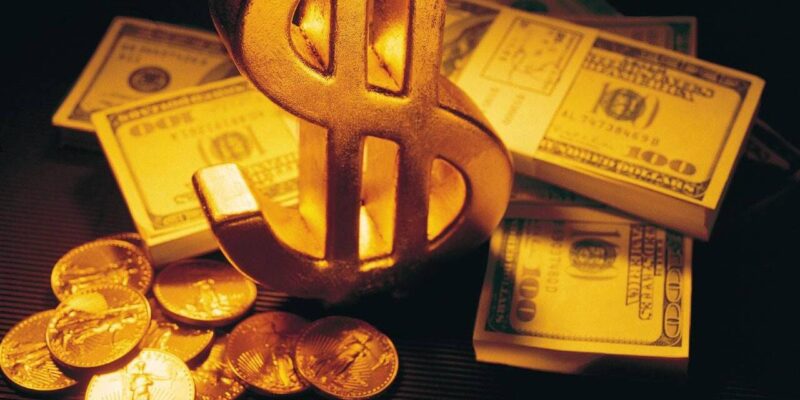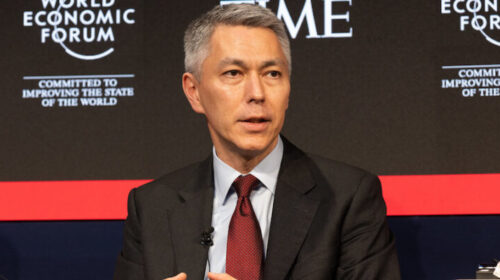Gold price bounces back, but set for another monthly loss
Gold prices clawed back on Wednesday, boosted by a weaker dollar, but are still on pace for a third consecutive monthly loss, as elevated US bond yields dented the haven metal’s appeal.
Spot gold rebounded 1.2% to $1,705.91 an ounce by 11:45 a.m. EST, having earlier touched a three-week low of $1,677.61. In New York, gold futures rose 1.1% to $1,704.30 an ounce.
The good news for gold investors is that the US dollar edged off a near five-month peak. International Monetary Fund data showed that the dollar’s share of global currency reserves dropped in the fourth quarter to around 59%, the lowest in 25 years.
Despite the slight bounce-back, bullion is down over 10% for the first three months of 2021 and is on track for its worst quarterly performance since December 2016.
GOLD AND SILVER MARKETS SEEM TO BE LOOKING BEYOND A THIRD WAVE TO FOCUS ON THE PROJECTED VACCINATION PROGRESS, ESPECIALLY IN THE UNITED STATES”
Julius Baer, analyst, Carsten Menke
“As we’ve seen bond yields stabilize and the dollar pull back off its recent highs, we have seen a little move off the lows in the gold market,” David Meger, director of metals trading at High Ridge Futures, told Reuters.
The market also took note of a “very large structural stimulus plan”, Meger said, adding there is concern about inflationary pressures. US President Joe Biden is set to unveil the blueprint of a $3-$4 trillion infrastructure plan later in the day.
“The market is watching to see whether or not the $1,680 support level is going to hold,” said Daniel Ghali, TD Securities commodity strategist.
Bullion is seen as a hedge against inflation, but rising Treasury yields have challenged that status as they translate into a higher opportunity cost of holding non-yielding gold.
Meanwhile, silver, gold’s sister metal, also saw a gain of 1.2% to $24.32 per ounce, but is down 8% for the month of March.
“Gold and silver markets seem to be looking beyond a third wave to focus on the projected vaccination progress, especially in the United States,” Julius Baer analyst Carsten Menke said.
![]()





